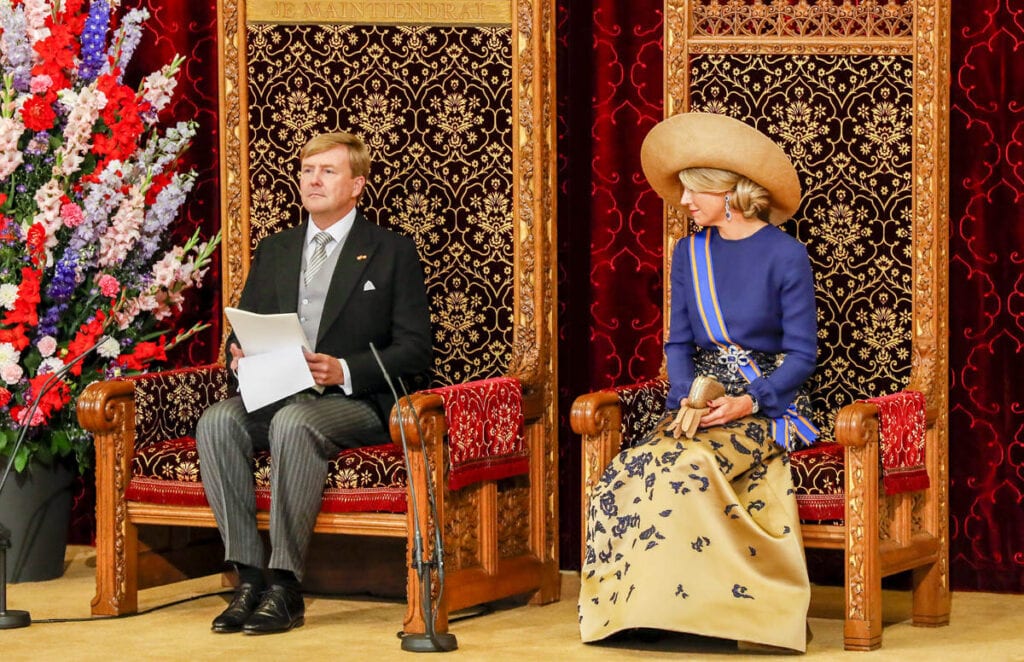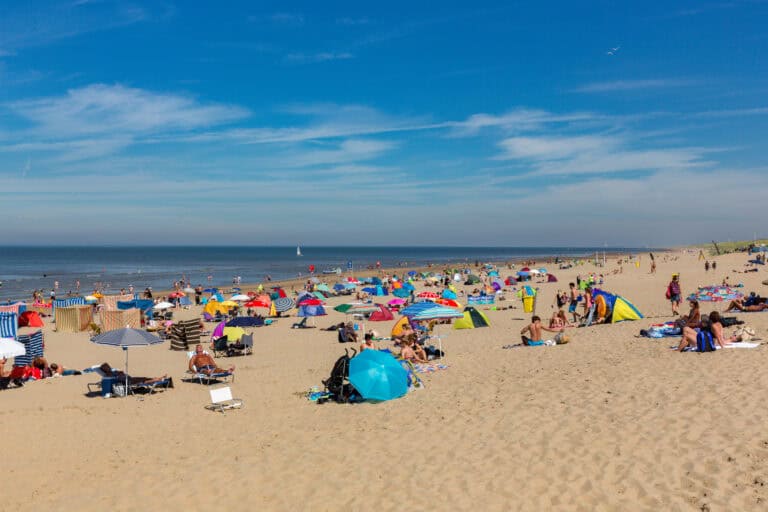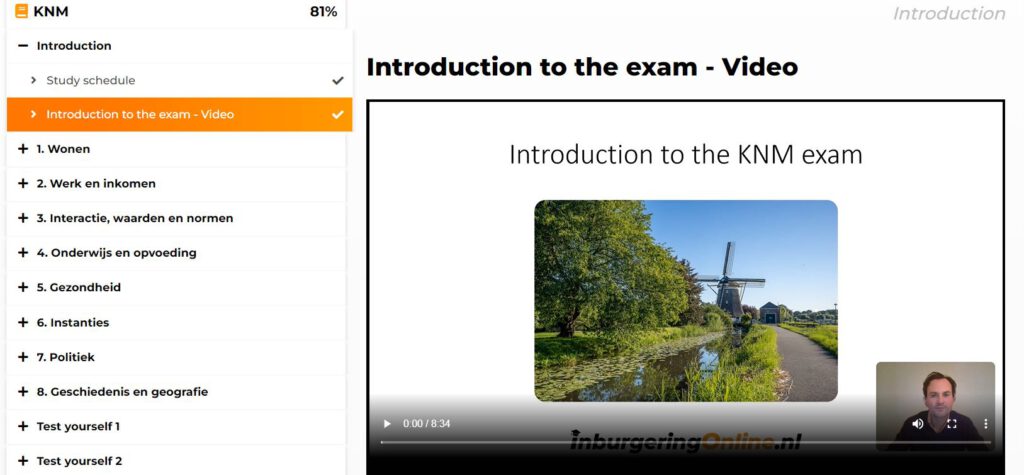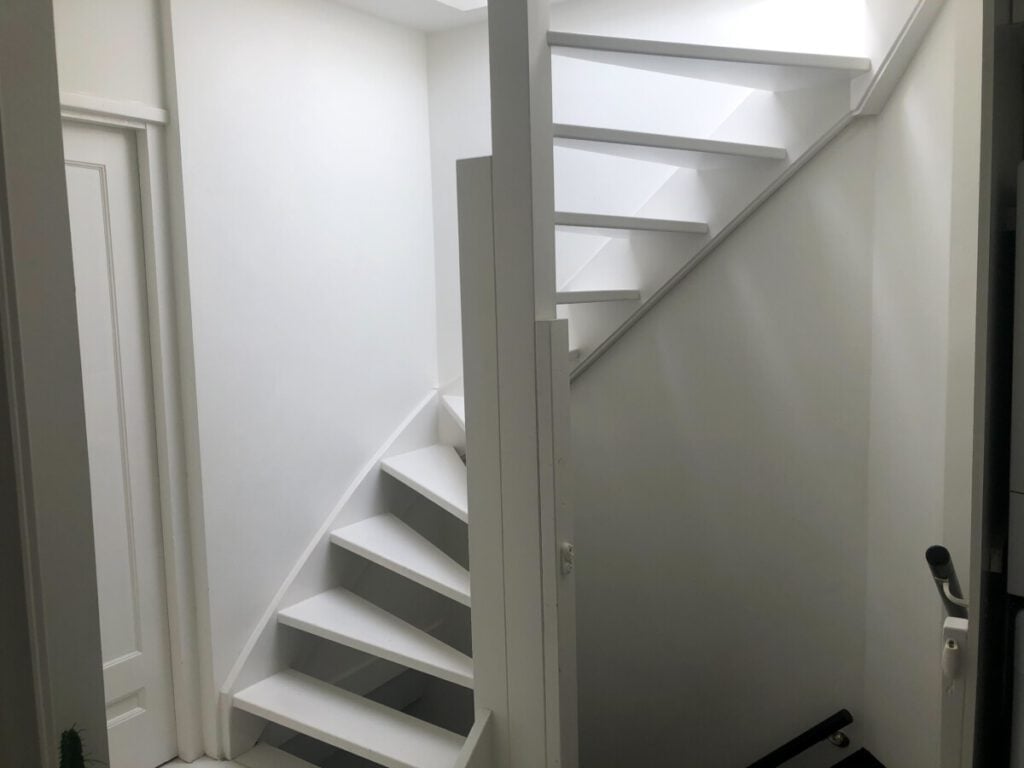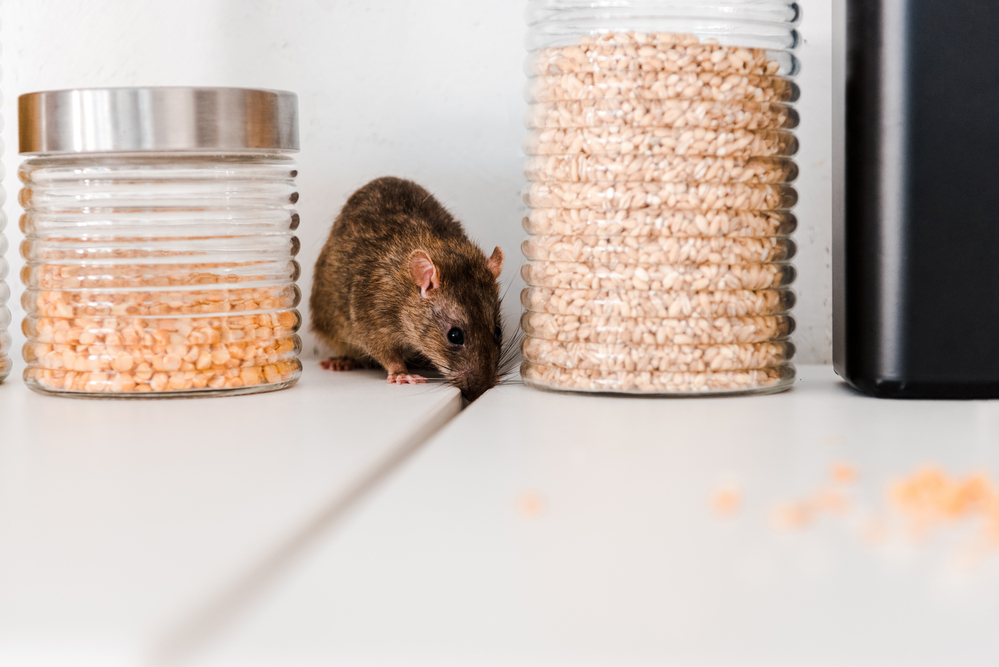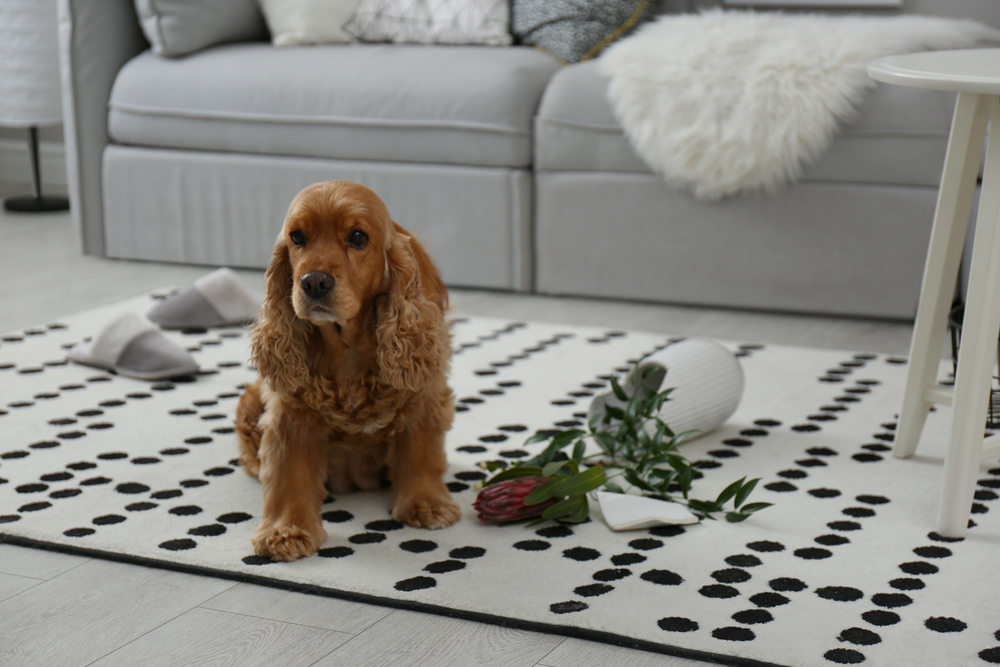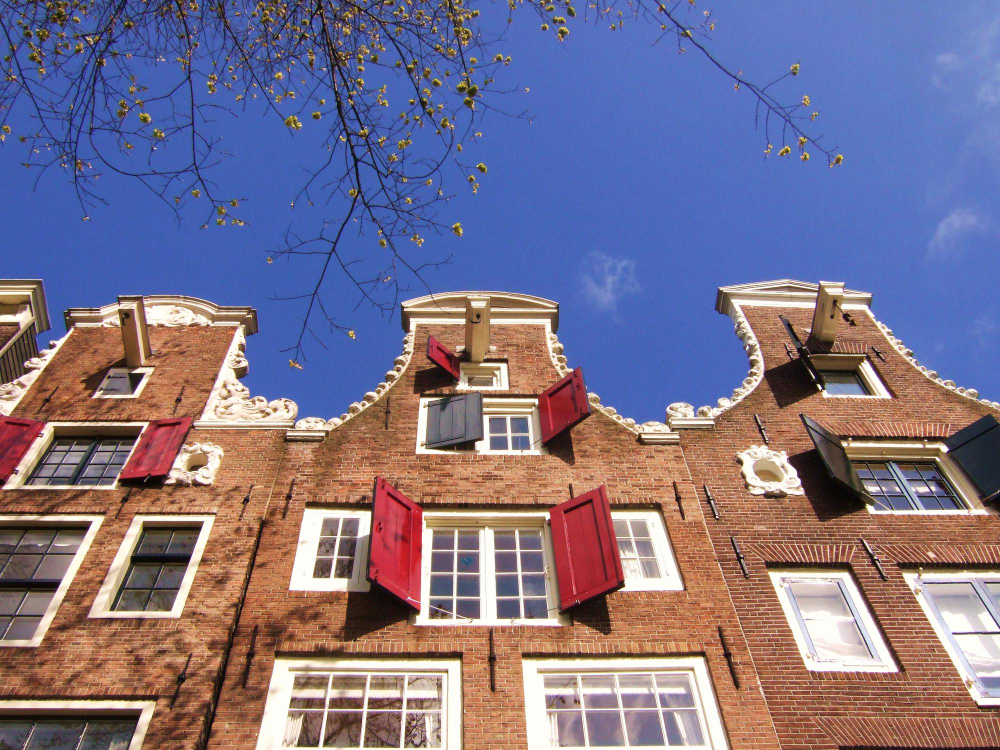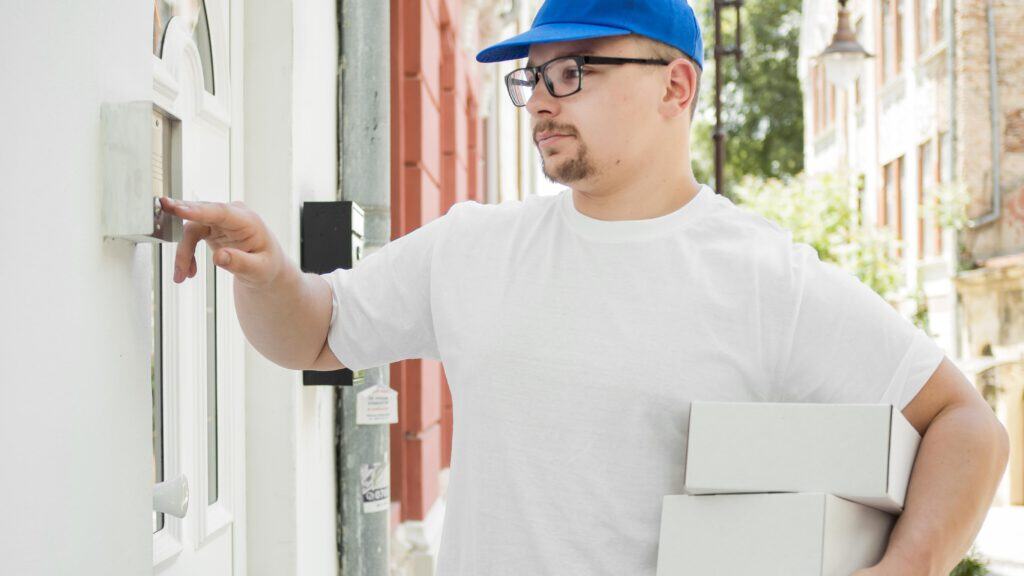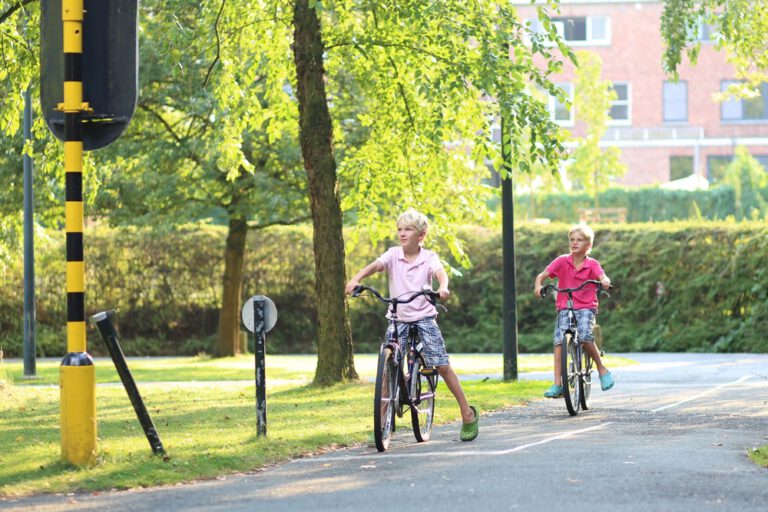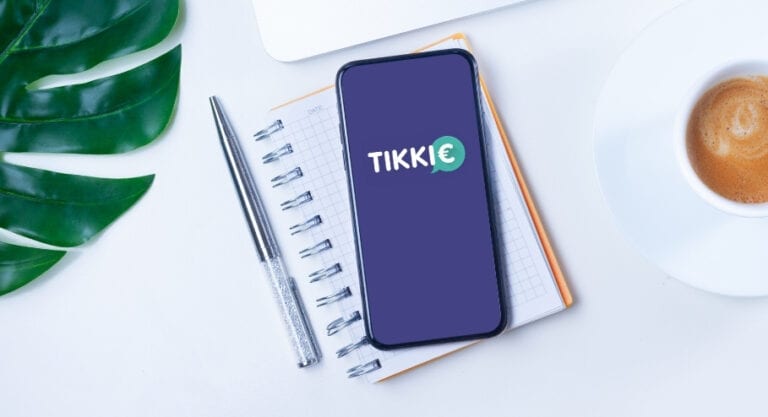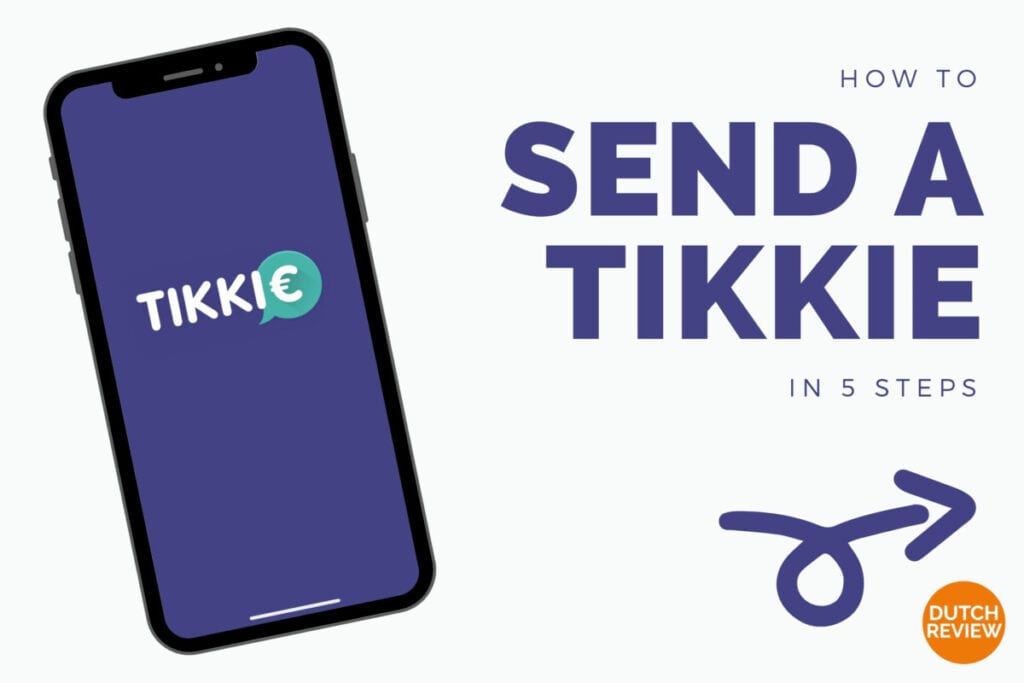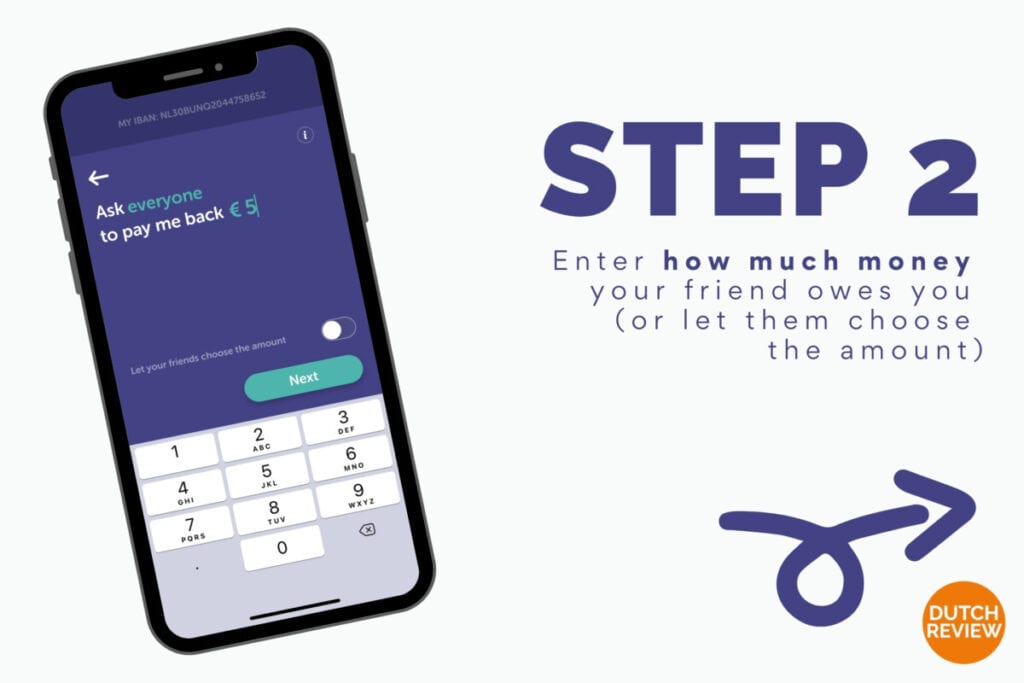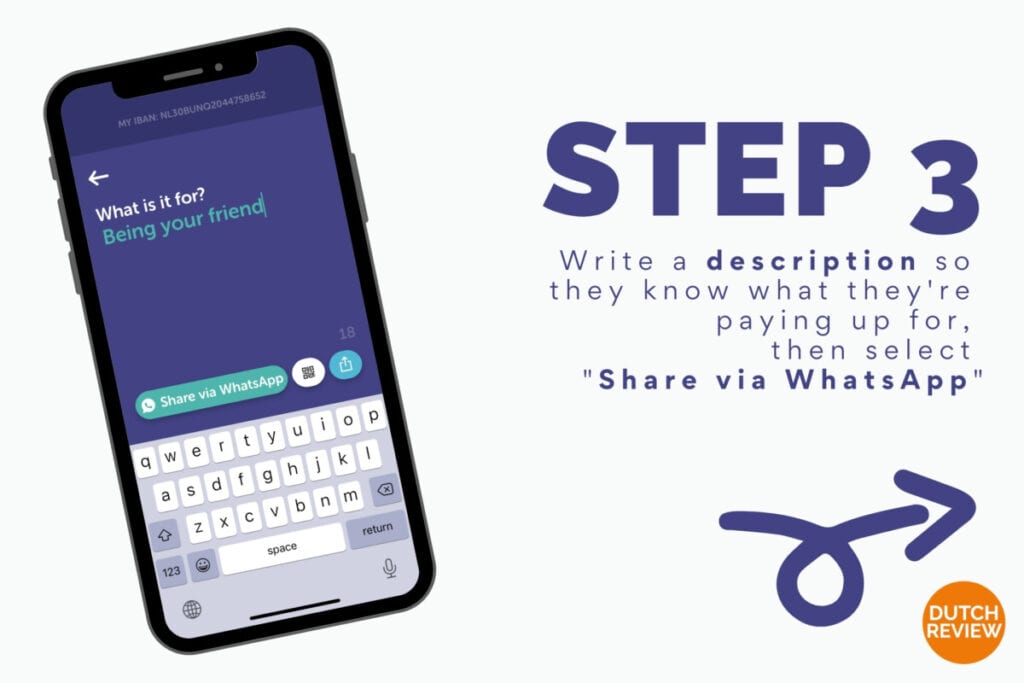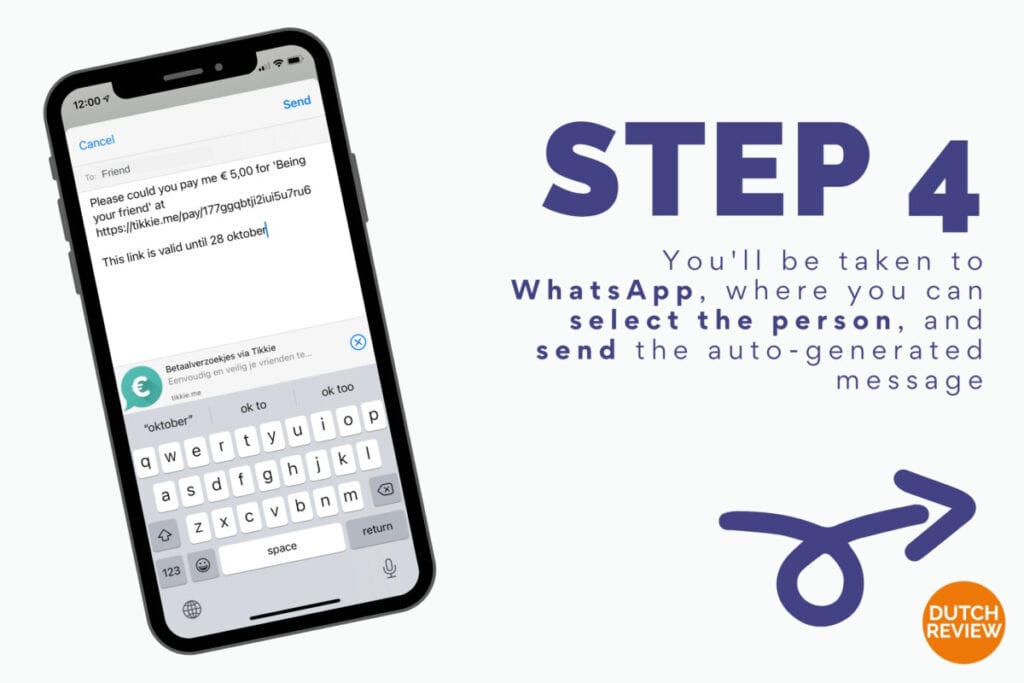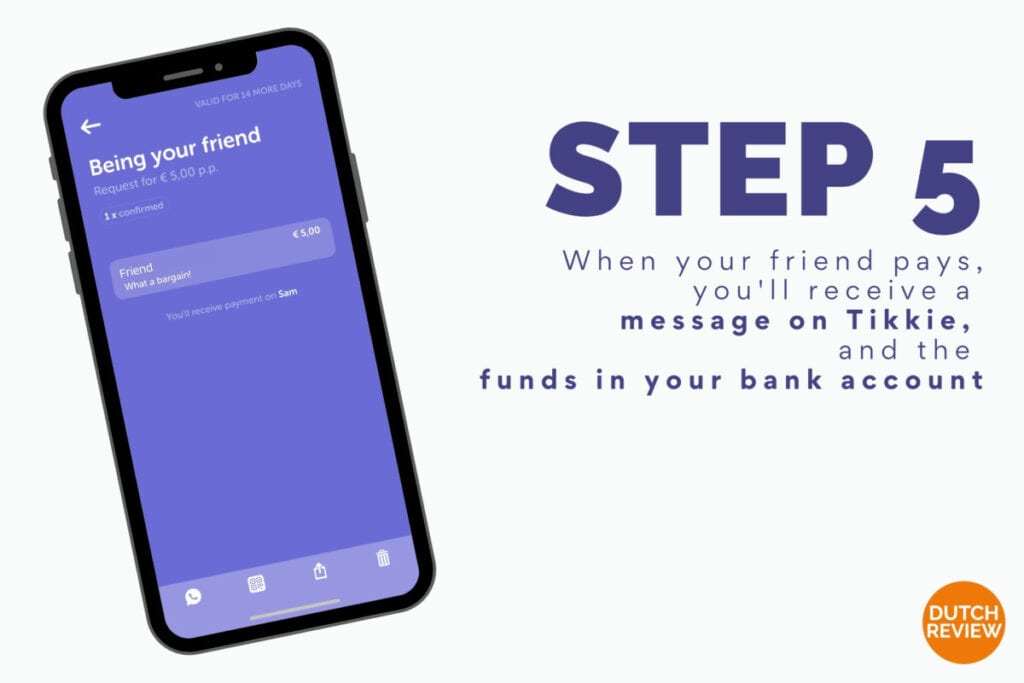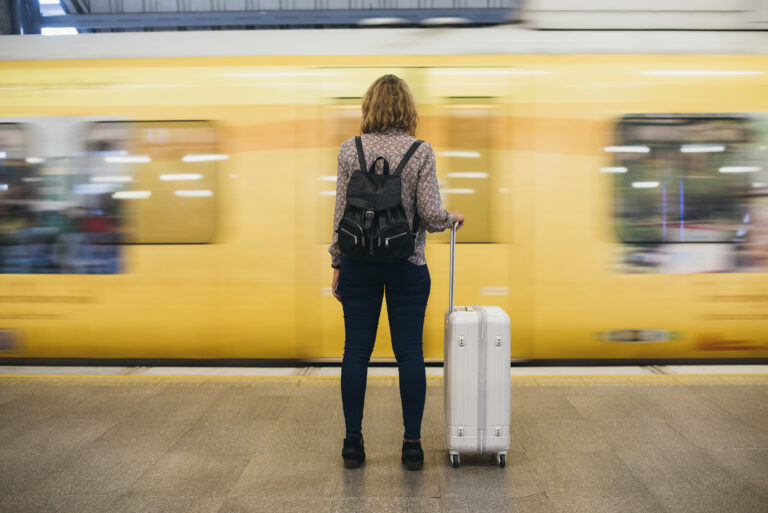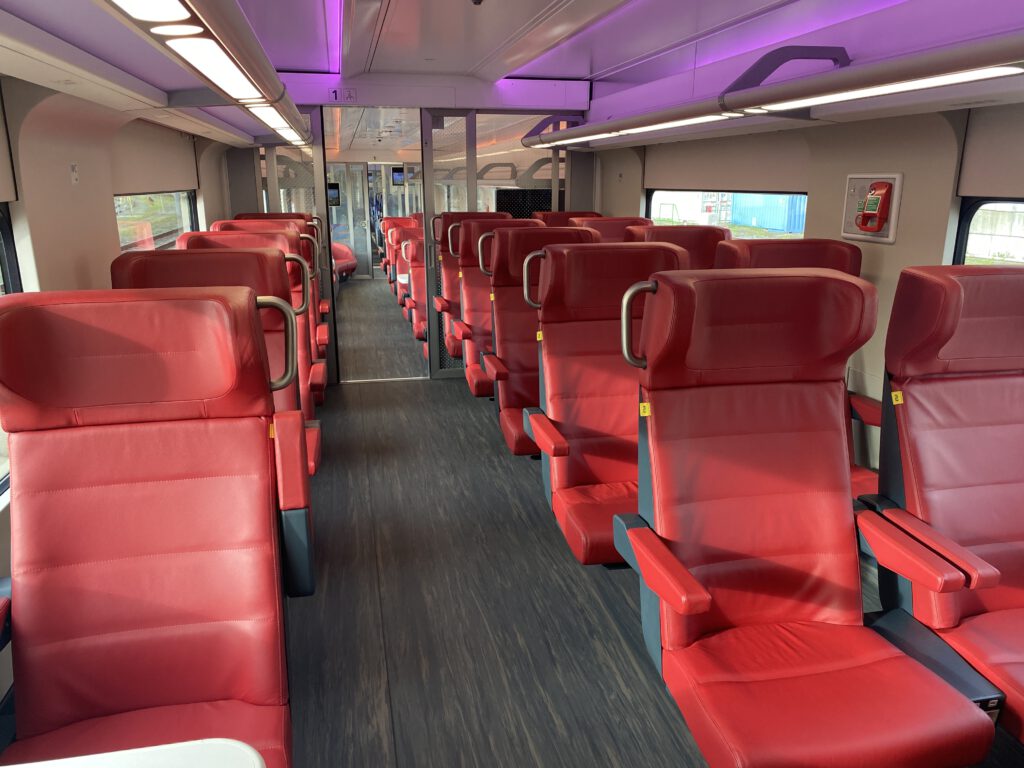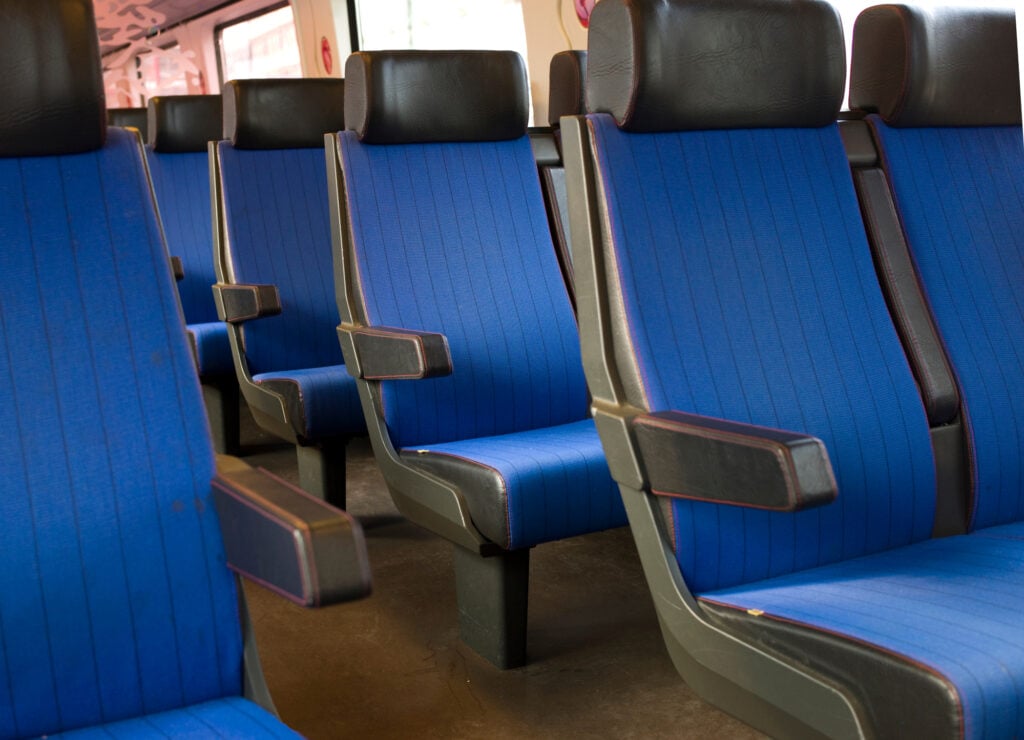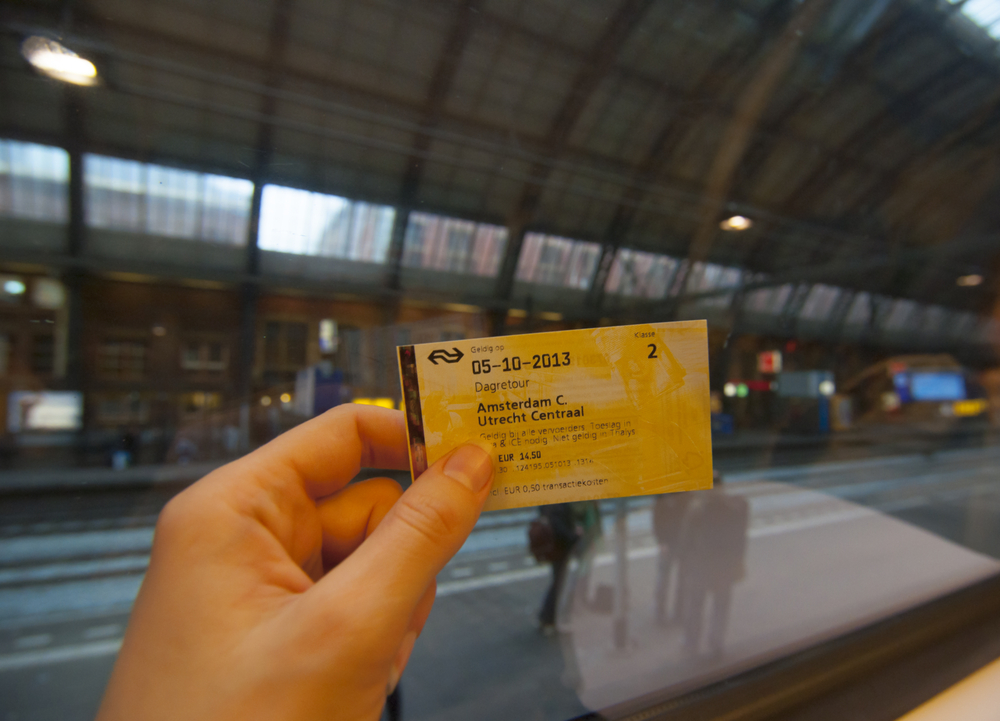Written by Seliz Demirci, employment lawyer at GMW lawyers.
Burnout can happen to anyone and almost always leads to an inability to work. It’s important to get the necessary medical help and focus on recovery. So, how can you do this in the Netherlands?
When dealing with burnout, many may first want to sit down and discuss how to tackle it with their employer.
However, as an international employee, it’s very important to be aware of your obligations and rights during sick leave in the Netherlands before you do so.
We teamed up with the employment experts at GMW lawyers to bring you this article. If you’re struggling with burnout symptoms, they can help you navigate this tricky situation with your employer. Reach out to them if you need help.
Recognising burnout symptoms
Before we get into the legal matters, it’s important to first determine whether or not you’re suffering from burnout. Reading an article about it? That might be indicator number one.
But seriously, tension at work can have a very real negative effect on your health and lead to burnout symptoms.

Consider, for example, long-term overwork — which is a regular occurrence in today’s tight labour market. This often leads to additional pressure on staff members.
It could also be that there’s a conflict between you and your manager or a colleague and, as a result of this, you may experience stress symptoms and become unable to perform your duties to the best of your abilities.
Typical symptoms of burnout include:
- Feeling drained,
- Feeling unable to cope,
- Being unable to sleep,
- Being sad, angry, irritable or not caring,
- Using more alcohol or other substances,
- Developing heart disease, high blood pressure or type 2 diabetes,
- Being more likely to get sick.
Recognise a few of these? You may be suffering from occupational burnout.
Burnout and Dutch labour law
In the Netherlands, your employer has a duty of care. This means Dutch law stipulates that an employer must observe good employment practices.
This is largely thanks to what is known as the Working Conditions Act (Arbowet), which is very important when it comes to protecting employees against health risks, including burnout.

The Working Conditions Act obliges employers to create and maintain a safe and healthy working environment. For example, the Act includes provisions on taking breaks and the maximum working hours an employee can work per week.
READ MORE | 7 important things to check on your Dutch employment contract in 2025
The prevention of psychosocial workload, which includes stress and burnout, also falls under the employer’s duty of care. No distinction is made in this respect. After all, burnout may manifest itself physically in some people, while it may manifest mentally in others.
Steps to take when you’re experiencing burnout
If you are experiencing burnout symptoms and can no longer perform your duties, the first step is simple.
Notify your employer
You can call in sick by sending your employer a message. Does your employment contract or staff handbook contain more specific instructions on calling in sick? Great, follow these.

However, what’s important to remember is that you do not have to give a reason for your illness when reporting sick.
Consult with a company doctor
So, what happens next? It’s up to your employer to involve the company doctor to assess your incapacity for work.
The company doctor is not a doctor who gives you medical treatment. Instead, they will:
- Advise you and your employer about your incapacity for work,
- the expected duration of your sick leave,
- the extent to which you can or cannot perform your duties,
- and whether there are any steps that can be taken to stimulate your return to work.
Follow the company doctor’s advice
As an employee, you are obliged to attend a consultation with the company doctor.
Making yourself unavailable to the company doctor, failure to attend consultations or not following their advice will be considered a violation of your reintegration obligations.
This can have consequences on your salary payments.
Sick leave in the Netherlands when struggling with burnout
Speaking of your salary, what happens to this when you’re burnt out? How will you keep a roof over your head? Let’s walk through your rights when it comes to sick leave in the Netherlands.
Under Dutch law, an employee is entitled to a continued payment of salary for up to 104 weeks of illness. By law, this must be at least 70% of your salary and correspond to at least the national minimum wage.
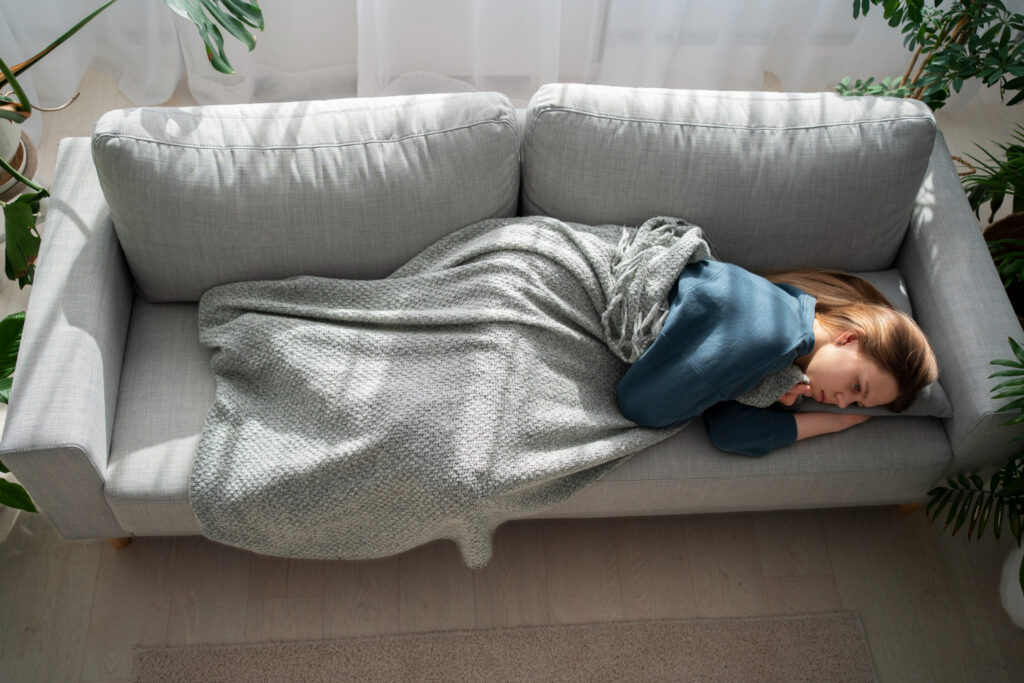
However, this rule may be deviated from in the employee’s favour. For example, many employers agree with their employees to continue paying 100% of the salary in the first year of illness and 70% in the second year. However, they are not obliged to do this.
READ MORE | What are your rights as an international working in the Netherlands? We asked the experts
Just how much salary you receive depends on your specific employment situation. You should be able to find the stipulated provisions concerning pay during sick leave in your employment contract, an employee handbook or, if applicable, a collective labour agreement.
Can you be fired due to burnout?
In principle, a prohibition to terminate your employment contract applies during sick leave. Put simply, this means that your employment contract may not be terminated unless the termination is unrelated to your illness.
This is often difficult for employers to prove. As a result, the prohibition on termination during illness is interpreted broadly. This means the prohibition applies even if you are partially working and partially on sick leave — in other words, as long as you have not made a full recovery.
READ MORE | Unfair dismissal in the Netherlands: What you need to know [2025 guide]
However, once you reach 104 weeks of illness, your employer no longer has to pay your salary and can terminate your employment due to long-term illness.
It must then be established that your employer has fulfilled their reintegration obligations and that no recovery is expected in the next 26 weeks.
Do you want to understand your obligations during sick leave better, hold your employer liable for your burnout, or is your employer not fulfilling their reintegration obligations? Reach out to GMW lawyers. They are happy to advise international employees of their rights.
What if your Dutch employer doesn’t support you?
If your employer doesn’t take your burnout seriously, it’s up to the company doctor to assess your situation and advise them.

If the doctor agrees that you are suffering from burnout, then you can’t be obliged to return to work until the company doctor advises it.
If your employer doesn’t want to comply with the company doctor’s report, it’s time to seek legal advice.
Do you disagree with the company doctor’s advice? Then you can request a second opinion from another company doctor or ask for an expert’s opinion from the Employee Insurance Agency (UWV).
Reintegration after burnout
During your sick leave, you must remain available to your employer (unless the company doctor explicitly advises that this is not in the interest of your recovery) and you must cooperate in drawing up a reintegration plan.
As part of this plan, you may start with reintegration for a few hours a week and will be given a modified workload by your employer. This should always be in accordance with the advice of the company doctor.
The first track of reintegration
During reintegration, the first step is to see if suitable work can be found or organised for you with your current employer.
This could consist of doing part or all of your current job, but other work with your employer can also be considered. This is called the first track of reintegration.
Within this first track, the possibilities of adapting your work, making adjustments to your workplace, partially resuming your work or scheduling your shifts at different times are considered. These possibilities are included in the Action Plan for your reintegration.
The second track of reintegration
In the second year of sick leave, the so-called second track programme begins.
In the second track, the focus is not only on returning to your current employer but also to other suitable positions outside the organisation.
Burnout is never a pleasant experience, but that doesn’t mean you should immediately lose your job and your income.
In the Netherlands, you are protected by acts, unions and employment law, so familiarise yourself, take the steps you need to take, and — most importantly — take a break.
Have you experienced workplace burnout in the Netherlands? Tell us about your experience in the comments below.







